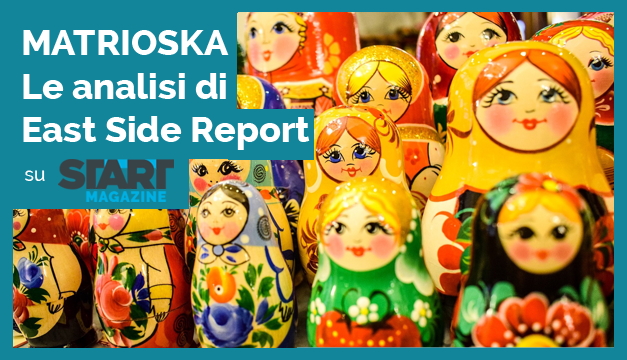Depopulation threatens the economy of Croatia and Bulgaria

Croatia and Bulgaria are losing inhabitants at a worrying rate: young people emigrate, the birth rate is low, immigration is insufficient and the average age is rising. That's why it's a problem. The article by Pierluigi Mennitti
If demographic aging is a problem that cuts across all EU countries to a certain extent, it is in Balkan Europe that its effects have the greatest impact on society and the economy, because it is associated with that of emigration which involves mainly the youth. The low birth rate is therefore associated with the phenomenon of depopulation and both push up the average age of the inhabitants.
CROATIA LOSES INHABITANTS
The latest addition to the Brussels club, Croatia, for example, recorded only 3,888,529 inhabitants in the last 2019 census. Ten years earlier they were about 9% higher. In two decades, the country recorded 400,000 fewer inhabitants, which roughly correspond to the size of a large city such as Split or Rijeka. According to what was recently announced by the authorities, the data for the years after 2019 should be even worse, because the impact of the pandemic will be added to the underlying trends, which has caused greater mortality both directly and indirectly, due to the less treatment of other diseases.
To make the general fact more serious, Croatia is not losing inhabitants only in the countryside, but also in the cities, which makes this case particularly unusual even in the context of the demographic problems of the Western Balkans.
According to Croatian media analyses, the insufficient job offer and lack of accommodation for young couples are the main reasons both for fleeing abroad and for the low birth rate. Croatia has an unemployment rate of 7%.
MIGRANTS ARE NOT ENOUGH
Immigration also fails to reverse or compensate for the negative population balance. Migrants are not attracted to the country, and even if they pass through the Balkan route, they prefer to continue on to other destinations: Scandinavia, Germany, Austria, even Italy. To the problem that drives the Croatians themselves to flee (the lack of good job offers) is added the hostility of a large part of the population, a climate that is felt more strongly in a small country. Unlike, for example, Poland, also a country with very stringent rules on immigration (albeit loosened to deal with the emergency of the Ukrainians), Croatia has not become a country of immigration despite belonging to the EU.
THE DEMOGRAPHIC PROBLEMS OF BULGARIA
Further south, things aren't much better. The other country facing worrying depopulation is Bulgaria. From a statistical point of view it is as if every month an entire village disappears from the geographical face of the Balkan state.
Here too the numbers are relentless. With 6.5 million inhabitants, the Bulgarian population has reached the level it had at the end of the Second World War. Even in the mid-eighties of the last century the inhabitants were 8.9 million and the regime of the time was emphatically promoting the near surpassing of the 9 million threshold. That figure Bulgaria has never reached.
Since 1989, however, the ebb has begun.
From the end of communism to today, the country has lost almost three and a half million inhabitants due to the combination, here too, of three factors: the decrease in the birth rate, a frightening emigration and the lack of a corresponding flow of entries. These are the same elements that are aging and depopulating Croatia.
Since the fall of communism, one and a half million Bulgarians have turned their backs on their country, seeking their fortune abroad, especially in Western Europe. And since 2007, with Bulgaria's entry into the EU, the situation has worsened even more thanks to the greater ease of movement.
Even on the immigration side, Bulgaria, one of the poorest states in the EU, has not been able to attract anyone. At most, a few pensioners from the weakest population groups in Germany or Austria, attracted by the tax breaks and the low cost of living. A little bit to get the country's economy back on track.
Unlike Croatia, however, not all of the country experiences depopulation in the same way. Seen from the few large Bulgarian cities, indeed, the phenomenon is not even felt. Because here it is the countryside and inland areas that are emptying, with villages that become ghosts, while Sofia and other medium and large centers such as Plovdiv, Varna or Burgas, register a stable or slightly growing population. Sofia, for example, has absorbed inhabitants from rural areas and has grown by 200,000 in the last decade.
But also from a social point of view the repercussions are serious. Because it is above all the medium-high range of Bulgarians who emigrate, the educated young people, those who are able to play the card of a qualified profession abroad. A brain drain that threatens to dry up that little bit of the middle class on which the hope of reversing the trend could be based.
This is a machine translation from Italian language of a post published on Start Magazine at the URL https://www.startmag.it/mondo/croazia-bulgaria-spopolamento/ on Sat, 01 Apr 2023 05:32:36 +0000.
